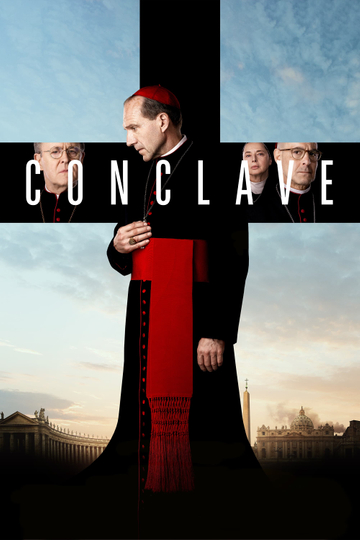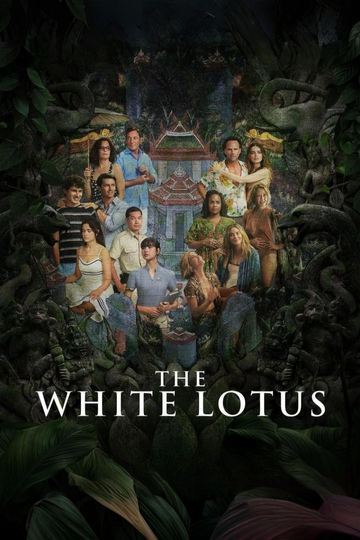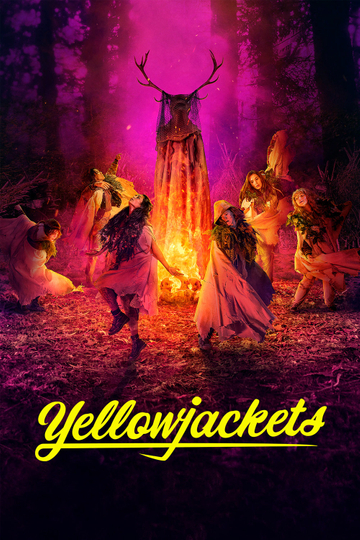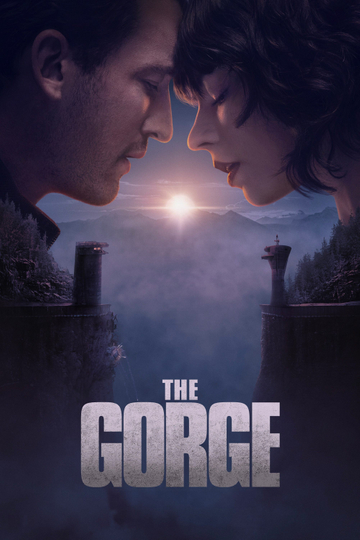2023 Plot
I'm James Payne, a curator, gallerist and a passionate art lover. I am on a mission to demystify the art world and discover the stories behind the world’s greatest paintings and sculptures. Each episode will focus on one piece of art and break it down, using clear and concise language free of 'art-speak'.
Great Art Explained 2023 aired on January 12th, 2023.
2023 Episodes
1. Dark Goya
In this full-length film, I look at Francisco Goya's later works. At the age of 46, Goya suffered from a severe illness that caused loss of vision and hearing, tinnitus, dizziness, right-sides paralysis, weakness and general malaise. Although he recovered from a cerebral stroke which accompanied it, he went completely deaf. From this point on his work took a darker tone.
2. Georges Seurat
Georges Seurat once revealed that he had been ‘interested in finding an optical formula’ for painting since he was just 17 years old. Seurat spent most of his adult life thinking about colour, studying theories, and working out systematically how one colour, placed in a series of dots, next to those of another, creates a whole different colour when it hits the retina of the human eye. How one colour can make another appear luminous bright, and vibrant.
3. Georgia O'Keeffe
For seven decades Georgia O'Keeffe was a major figure in American art. She was a female artist who refused to be pigeonholed. An artist who stayed true to her unique vision and remained independent from all the shifting art trends of her time. Her paintings, now loom so large in the collective imagination, that it is easy to forget just how radical she was for her time. In 1935, O’Keeffe produced this ground-breaking image. The artist was already known for her series of sensuous flower paintings, but this was different. That year, her life and the type of work she created would drastically change.
4. John Singer Sargent: Madame X and Dr. Pozzi
John Singer Sargent was the most successful society portrait painter of the Belle Epoque, and having one’s portrait painted by him was seen as an indication of impeccable good taste. In this episode, I look at two paintings created by Sargent. Two paintings united by scandal. One of them is of Doctor Pozzi, a celebrity gynaecologist and infamous ladies' man, who was referred to by many of his clients as L’Amour médecin, or Doctor Love. The other is Madame X, or Virginie Gautreau, who, like Dr. Pozzi, had a colourful love life, and is also shown in a provocative pose. The paintings have been written about and discussed as separate works of art, but instead of looking at them as two separate paintings - maybe it’s time we talked about them as a pair?
5. Keith Haring
Haring had championed the poster format as a traditional form of political activism. He saw in them the immediacy which we now think of when we think of his aesthetic. It was in 1982 that he created one of his first posters. He printed and paid for 30,000 of them, which he gave out for free during an anti-nuclear protest in New York. He would use his platform to get us talking about socio-political issues often ignored, by employing a tradition used by political agitators since printing began.
6. Thomas Gainsborough
At first glance, Thomas Gainsborough's Mr and Mrs Andrews, looks like just another classic painting of the 18th century, celebrating the dynastic marriage of the upper classes in all their finery. On closer inspection, two things stand out. One, is that Mrs Andrews has the most curious expression of contempt on her face. The other thing that stands out is the strange area in the middle of her lap which is unfinished. The rest of the painting is complete, so it makes it even more peculiar. In a painting that is heaving with tension, it is almost certain that at some point Mr and Mrs Andrews were so unhappy with the painting, that they put a halt to the proceedings, and sent Gainsborough on his way. The painting would then disappear and wouldn't be seen again for over 200 years. Why was this painting kept so secret for so long?
7. René Magritte
In The Lovers II, by Magritte, he takes the cinematic cliché but disrupts our voyeuristic pleasure by covering the faces in cloth. A moment of connection becomes one of isolation, of sexual frustration. An intimate moment becomes something dark and effortlessly disturbing. Something hidden and anonymous. Rene Magritte denied that his traumatic childhood was connected in any way with his art, but in this episode, I look at the possibility that his past affected him more than he admitted.
8. Dorothea Tanning
Dorothea Tanning painted the dark side of Surrealism. Her work sprang from the fantastic and the supernatural happenings we find in Gothic and Romantic literature, as well as the dream narrative of Alice’s Adventures in Wonderland. Drawn to fairy tales and gothic literature as a child, in Tanning’s paintings, young girls grapple with otherworldly forces in dark, frightening places, that blend elements of the everyday and the grotesque.
9. Bernini's Apollo and Daphne
At the age of 8, Gian Lorenzo Bernini, the child prodigy, was presented to the Pope - who prophetically announced that the child would be the Michelangelo of his age. Bernini would not only raise the sculpted human figure to unseen levels of realism, but he would dominate the 17th century like no other, as a painter, an architect, as a playwright and of course as a sculptor, and come to be seen as the embodiment of the age of the baroque.






















